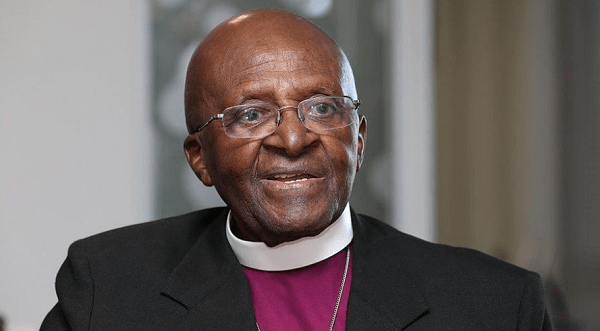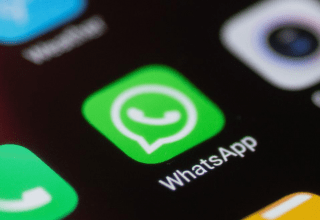
The practice is already outlawed in Switzerland and areas of Australia, Canada and the US.
‘I was terrified’
A 2018 survey of 108,000 members of the LGBT community in the UK suggested 2% have undergone the practice, with another 5% having been offered it.
Many global faiths, including Christianity, Islam and Judaism have traditionally taught that any sex outside of heterosexual marriage is wrong.
Joe Hyman, 28, grew up in an Orthodox Jewish family in north London. He says he was a teenager when he was offered conversion therapies online.
“I wanted them to fix me,” he told the BBC. “I couldn’t imagine a world where I was gay and I was Jewish. I didn’t think my family would accept me. I was terrified.”
He says he experienced talking therapies both online and in person designed to change his sexual desires.
“It left me feeling really empty, desexualised, constantly anxious and worried I wasn’t doing the right thing,” he says.
The declaration calls for “all attempts to change, suppress or erase a person’s sexual orientation, gender identity or gender expression – commonly known as ‘conversion therapy’ – to end, and for these harmful practices to be banned.”
However, many conservative religious groups across different faiths say that a ban could infringe on religious freedom.
They are concerned that a ban would mean the government legislating what faith leaders can and cannot teach.
Peter Lynas, UK Director of the Evangelical Alliance which represents 3,000 churches in the UK, says he supports an “end [to] extreme and coercive behaviour without banning change or conversion, which are central to Christianity”.
He told the BBC a ban could risk “criminalising counsellors, pastors and even those asked to pray with people.”
‘We want to help’
Sheikh Ramzy, an Islamic scholar and founder of the Oxford Islamic Information Centre, said it was important imams were allowed to offer “help” if gay Muslims wanted to change their sexual orientation.
“We want to help them and not to damage them,” he told the BBC.
But for Joe, an immediate ban is necessary.
“I think that when religious institutions are causing clear psychological and physical damage to people that is when legislation needs to step in,” he told the BBC.
“This is a really dangerous practice. There are countless testimonies from survivors, but sadly not as many as there might be – because people have died of suicide.
“That, for me, means it is no longer a matter of religious freedom or not.”
Source: graphic.com.gh

















